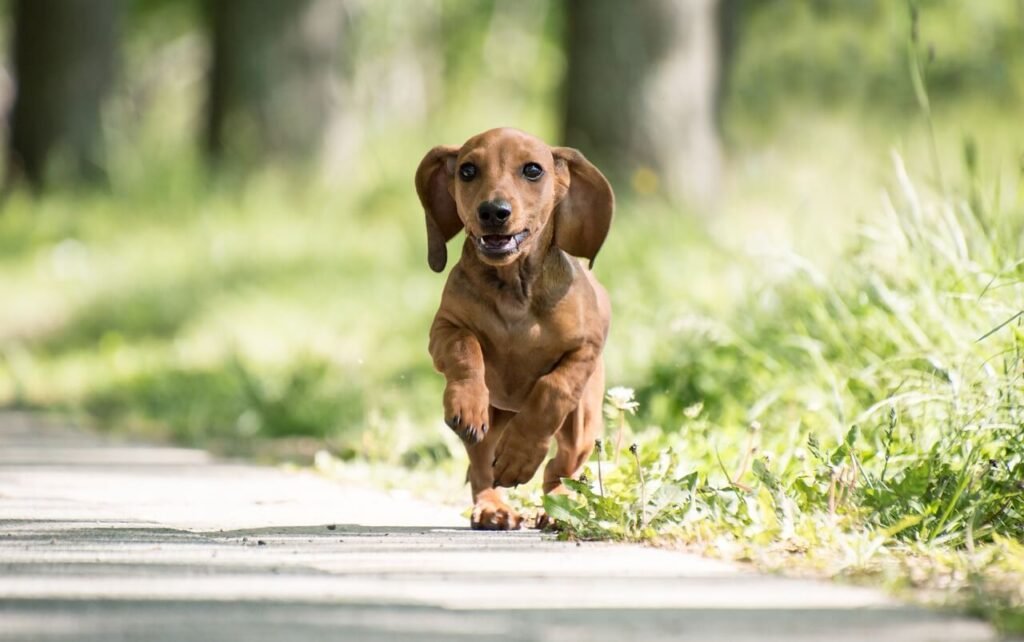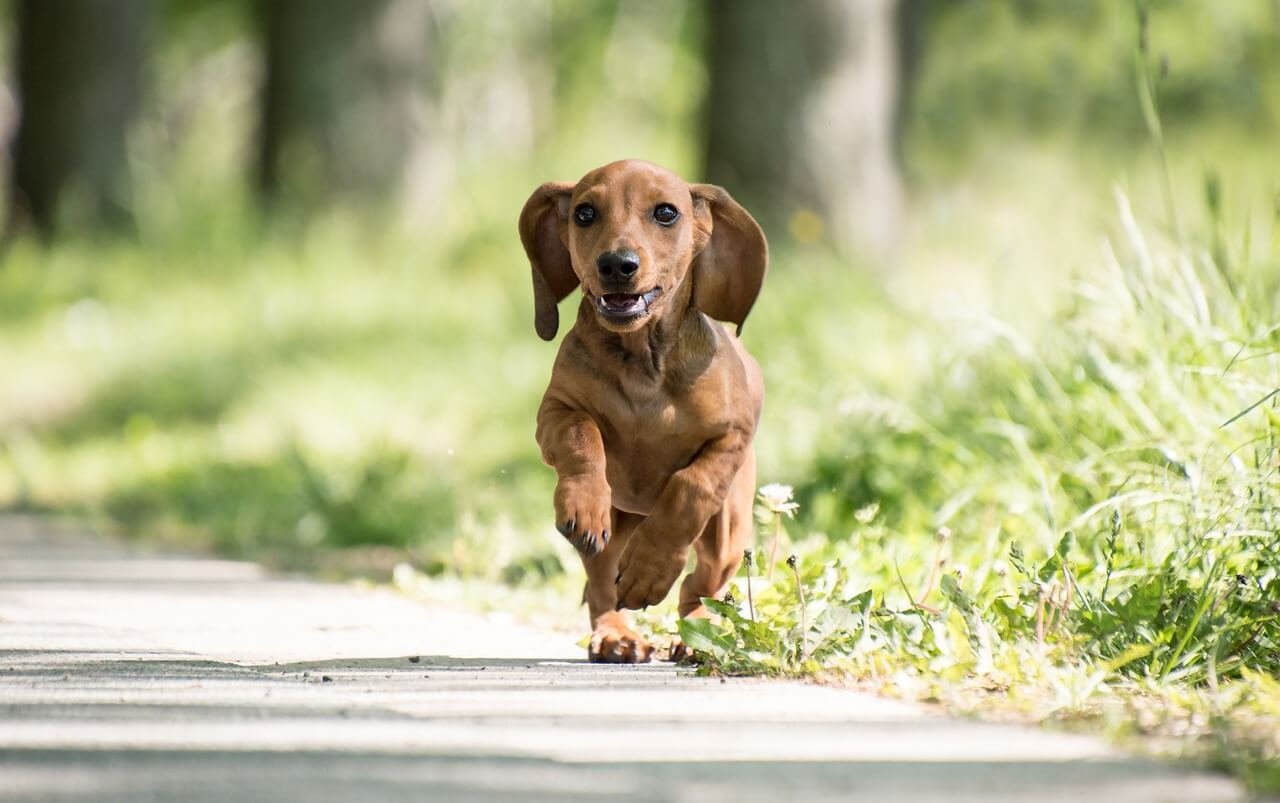Why Is My Dogs Poop Yellow? A Guide for Concerned Pet Parents
As a dog owner, you know that your furry friend’s health is often reflected in their poop. While it might not be the most glamorous topic, paying attention to your dog’s stool can provide valuable insights into their well-being. One common concern that many pet parents encounter is yellow poop. If you’ve noticed this unusual color, you’re likely wondering what it means and whether it’s something to worry about. In this blog post, we’ll explore the possible causes of yellow poop in dogs, how to address it, and when it’s time to consult your veterinarian. By the end, you’ll have a clearer understanding of this issue and feel more confident in keeping your pup healthy.
What Could Be Causing Your Dog’s Yellow Poop?
Yellow poop in dogs can stem from a variety of factors, ranging from dietary changes to underlying health issues. Below, we’ve outlined some of the most common causes to help you pinpoint the reason behind this change in your dog’s stool.
Dietary Changes
A sudden switch in your dog’s food can lead to digestive upset, including changes in stool color.Bile Pigmentation
Bile produced by the liver can sometimes result in yellowish stool if it isn’t properly processed.Food Intolerances or Allergies
Certain ingredients in your dog’s diet may trigger an adverse reaction, affecting their digestion.Parasites or Infections
Intestinal parasites or bacterial infections can alter the color and consistency of your dog’s poop.Liver or Gallbladder Issues
Problems with the liver or gallbladder can interfere with bile production, leading to yellow stool.
Understanding these potential causes is the first step toward addressing the issue. If you notice persistent yellow poop, it’s important to monitor your dog closely and consult a vet if necessary.
Signs That Accompany Yellow Poop in Dogs
While yellow poop itself is a red flag, other symptoms can provide additional clues about your dog’s health. Here are some signs to watch for if your dog’s stool has turned yellow:
Diarrhea or Loose Stool
Yellow poop is often accompanied by diarrhea, which could indicate digestive distress.Vomiting
If your dog is vomiting alongside yellow stool, it may point to a gastrointestinal issue.Lethargy
A lack of energy or enthusiasm could signal that your dog isn’t feeling well.Loss of Appetite
Refusal to eat or drink is another warning sign that shouldn’t be ignored.Abdominal Pain
Whining, pacing, or sensitivity around the belly area may indicate discomfort.
These symptoms, when paired with yellow poop, suggest that your dog may need immediate veterinary attention. Always err on the side of caution when it comes to your pet’s health.
Check this guide 👉Why Is There Mucus in My Dogs Poop? Best 7 Expert Tips!
Check this guide 👉Understanding Grey Dog Poop: Best 7 Health Tips!
Check this guide 👉Why Is My Dogs Poop Black? Best 7 Health Tips!

Possible Causes of Yellow Poop | Actions You Can Take |
|---|---|
Dietary changes | Gradually transition to new food over 7–10 days. |
Bile pigmentation | Monitor stool and ensure hydration. |
Food intolerances or allergies | Identify and eliminate potential allergens. |
Parasites or infections | Schedule a vet visit for testing and treatment. |
Liver or gallbladder issues | Seek immediate veterinary care for diagnosis. |
How to Address Yellow Poop in Dogs
If your dog’s poop is yellow, there are several steps you can take to address the issue. These actions depend on the underlying cause but generally involve observation, dietary adjustments, and professional guidance.
Observe Your Dog’s Behavior
Pay close attention to any changes in your dog’s energy levels, appetite, or overall demeanor.Review Their Diet
Check if you’ve recently introduced new foods or treats that could be causing digestive upset.Increase Hydration
Ensure your dog has access to fresh water, as dehydration can exacerbate digestive issues.Avoid Overfeeding
Feeding too much at once can overwhelm your dog’s digestive system, so stick to recommended portions.Consult a Veterinarian
If the yellow poop persists or is accompanied by other symptoms, seek professional advice promptly.
Taking these steps can help you manage the situation effectively while ensuring your dog stays comfortable and healthy.
Preventing Yellow Poop in Dogs
Prevention is always better than cure, especially when it comes to your dog’s digestive health. Here are some proactive measures you can take to reduce the likelihood of yellow poop:
Maintain a Consistent Diet
Stick to high-quality dog food and avoid frequent changes unless advised by a vet.Incorporate Probiotics
Probiotic supplements can support gut health and improve digestion.Schedule Regular Vet Checkups
Routine exams can catch potential health issues before they become serious.Keep Your Dog Active
Regular exercise promotes healthy digestion and overall well-being.Practice Good Hygiene
Clean feeding bowls and proper waste disposal minimize the risk of infections.
By adopting these habits, you can help ensure your dog’s digestive system remains in top shape.
Common Dietary Triggers for Yellow Poop
Your dog’s diet plays a crucial role in their digestive health, and certain foods or ingredients can trigger changes in stool color. Identifying these triggers can help you prevent yellow poop in the future. Here are some common dietary factors to consider:
Fatty Foods
Rich or fatty foods can overwhelm your dog’s digestive system, leading to abnormal stool colors like yellow.Artificial Additives
Food dyes, preservatives, or flavor enhancers may irritate your dog’s gut and affect stool appearance.Excessive Fiber
Too much fiber can speed up digestion, preventing proper nutrient absorption and altering stool color.Raw Diets
While raw diets can be healthy, improper preparation or imbalanced nutrients may lead to digestive issues.Human Table Scraps
Feeding your dog leftovers from your plate can introduce ingredients that are difficult for them to digest.
By monitoring your dog’s diet and avoiding these potential triggers, you can maintain a healthier digestive system and reduce the chances of yellow poop.
Supplements That Support Digestive Health
Incorporating supplements into your dog’s routine can promote better digestion and overall gut health. If your dog frequently experiences yellow poop or other digestive issues, these supplements might help:
Probiotics
These beneficial bacteria support a balanced gut microbiome and improve digestion.Digestive Enzymes
Enzyme supplements can aid in breaking down food more efficiently, reducing digestive stress.Pumpkin Puree
Rich in fiber, plain pumpkin puree can regulate bowel movements and soothe an upset stomach.Omega-3 Fatty Acids
These anti-inflammatory fats can reduce irritation in the digestive tract and promote healing.Herbal Remedies
Ginger or chamomile supplements may calm nausea and improve digestion naturally.
Adding these supplements under veterinary guidance can make a significant difference in your dog’s digestive well-being. Always consult your vet before introducing new products to ensure they’re safe and appropriate for your pet.
When to Change Your Dog’s Diet
Sometimes, yellow poop is a sign that your dog’s current diet isn’t meeting their nutritional needs or is causing digestive distress. Knowing when and how to change their diet can prevent recurring issues. Consider the following scenarios:
Frequent Digestive Issues
If your dog regularly has loose stools, vomiting, or yellow poop, it might be time to switch to a more digestible formula.Weight Fluctuations
Unexplained weight loss or gain could indicate that your dog’s diet isn’t providing adequate nutrition.Allergy Symptoms
Itchy skin, ear infections, or chronic gas may suggest a food allergy requiring a hypoallergenic diet.Age-Related Needs
Puppies, adult dogs, and seniors have different dietary requirements, so adjust accordingly as your dog ages.Low-Quality Ingredients
If your dog’s food contains fillers, by-products, or artificial additives, upgrading to a higher-quality option may help.
Switching your dog’s diet gradually and consulting your vet ensures a smooth transition and minimizes digestive upset. By choosing the right food, you can set the foundation for long-term digestive health and happiness.
Frequently Asked Questions About Yellow Poop in Dogs
Is yellow poop always a sign of a serious problem?
Not necessarily. It could be due to minor dietary changes, but persistent yellow poop warrants a vet visit.
Can stress cause yellow poop in dogs?
Yes, stress can impact digestion and lead to changes in stool color.
How long should I wait before seeing a vet?
If the yellow poop persists for more than 2–3 days or is accompanied by other symptoms, consult a vet immediately.
Are certain breeds more prone to digestive issues?
Some breeds, like German Shepherds and Boxers, may have sensitive stomachs, but any breed can experience digestive problems.
Can I give my dog human medications for digestive issues?
No, never give your dog human medications without consulting a veterinarian first.
Final Thoughts: Keeping Your Dog’s Digestive Health in Check
While yellow poop in dogs can be alarming, it’s often a temporary issue that resolves with proper care and attention. By understanding the potential causes, recognizing accompanying symptoms, and taking preventive measures, you can ensure your furry friend stays happy and healthy. Remember, your dog relies on you to advocate for their well-being, so don’t hesitate to seek professional guidance when needed. With vigilance and love, you’ll continue to provide the best possible care for your loyal companion.
Do Cats Have Taste Buds? Best 7 Expert Tips! – Discover how cats experience flavors and why their taste is so unique.
Do Dogs Have Taste Buds? Best 7 Expert Tips! – Discover how dogs experience taste, their preferences, and what it means for their diet and health.
Can Cats Taste Sweet? Best 7 Expert Tips! – Discover why cats can’t taste sweetness, how it affects their diet, and tips to keep them healthy and happy.
Can Dogs Taste Sweet? Best 7 Expert Tips! – Discover how dogs perceive sweetness, which foods are safe, and tips to manage their sweet cravings responsibly.





